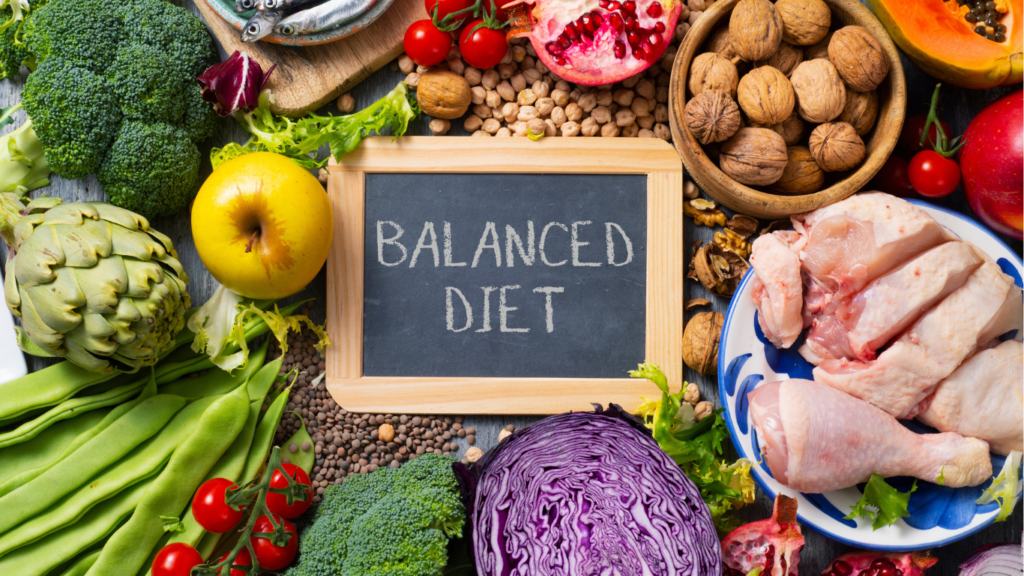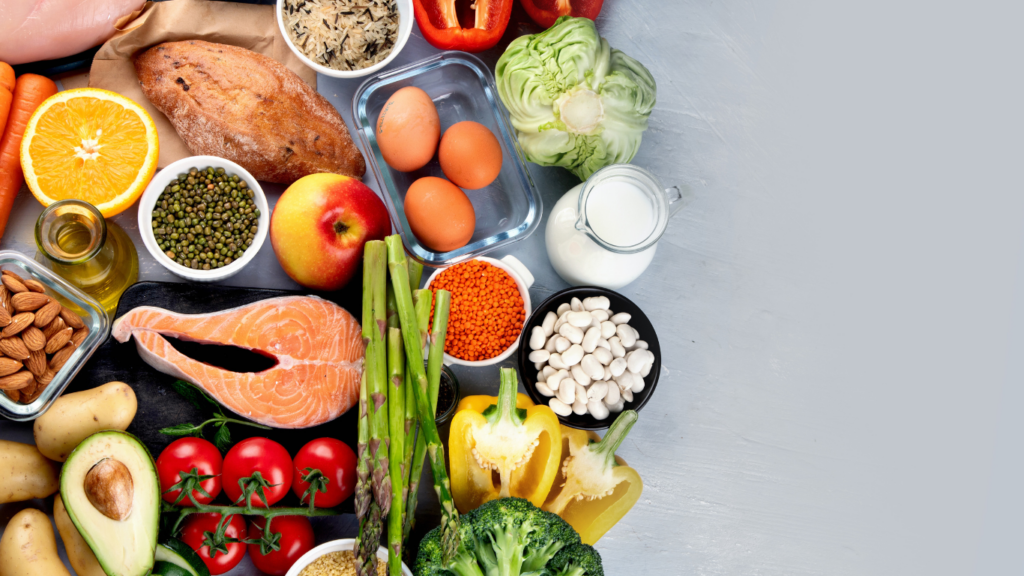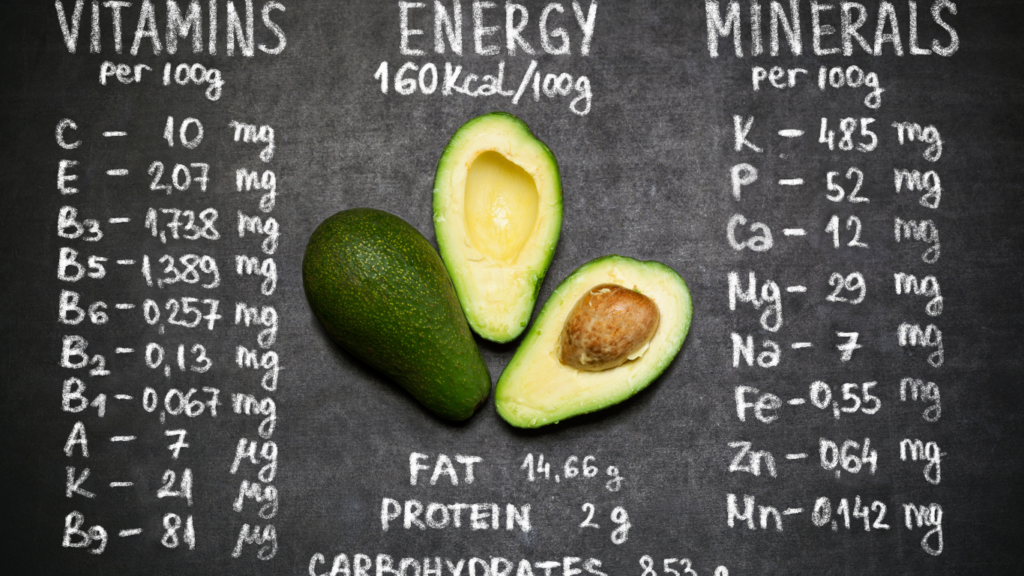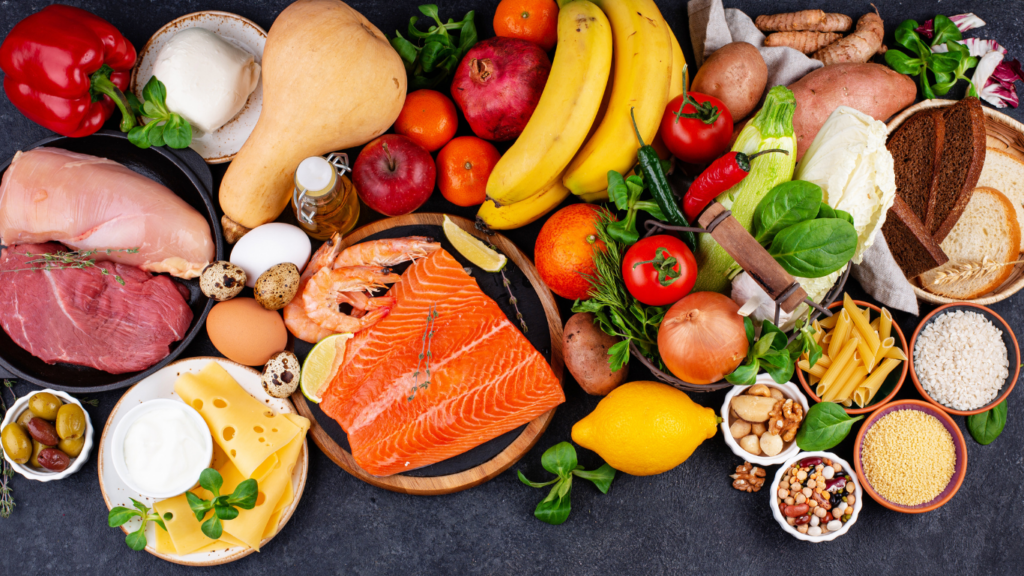Understanding The Role Of Nutrition In Sports
Nutrition directly impacts athletic performance by fueling the body for training and competition. Macronutrients—carbohydrates, proteins, and fats—serve distinct purposes in energy production, muscle repair, and overall endurance. For example, carbohydrates act as the primary energy source for sprinting, while proteins assist with muscle recovery after weightlifting.
Micronutrients like vitamins and minerals support bodily functions essential to performance. Calcium strengthens bones for high-impact activities like running, and iron facilitates oxygen transport in endurance sports.
Hydration plays a critical role in maintaining performance levels, especially in prolonged activities like triathlons. Dehydration impairs cognitive function and physical capacity during intense exercise.
The timing of nutrient intake affects performance outcomes. Pre-event meals rich in carbohydrates, such as rice or oatmeal, optimize glycogen stores. Post-workout recovery often benefits from a protein-rich replenishment like a shake or lean chicken breast.
Importance Of Tailoring Your Diet To Your Sport
Matching your diet to your specific sport maximizes performance and recovery. Different disciplines demand unique nutritional strategies to meet varying energy requirements, muscle demands, and endurance levels.
Differences In Nutritional Needs Across Disciplines
- Nutritional needs vary significantly between sports.
- Endurance-focused athletes like marathon runners require high carbohydrate intake to maintain glycogen stores during prolonged exertion.
- In contrast, strength-based disciplines like powerlifting benefit from protein-rich diets to support muscle growth and repair.
- Mixed-skill sports such as soccer or basketball demand a balance of carbohydrates for sustained energy and proteins for recovery due to intermittent high-intensity activity.
- Examples include basketball players consuming 4-6 grams of carbohydrates per kilogram of body weight daily or swimmers complementing high-protein meals to recover from persistent training sessions.
- Without these tailored approaches, athletes risk suboptimal energy levels and recovery.
Factors To Consider When Customizing A Diet
Customizing a diet involves identifying energy expenditure, training intensity, and competition frequency. High-intensity sports with prolonged durations, like triathlons, require precise macronutrient proportions to avoid performance drops. Meal timing is another critical factor—pre-event carbohydrate-heavy meals maximize energy storage, while post-event protein consumption accelerates muscle repair.
Allergies, dietary restrictions, and preferences influence food choices but shouldn’t compromise nutritional adequacy. I also consider hydration and electrolyte replacement essential for sports like tennis, where ongoing fluid loss impacts stamina and performance. Modifying diets over different seasons ensures athletes meet their evolving requirements.
Optimal Diets For Different Sports Disciplines

Customizing a diet based on the demands of specific sports disciplines ensures athletes meet their energy, recovery, and performance needs. Each sport has unique nutritional priorities that align with its physical demands.
Endurance Sports: Fueling For Stamina
Endurance sports, like marathon running and cycling, rely on sustained energy over long durations. High carbohydrate intake is vital, as it replenishes glycogen stores, the primary energy source for prolonged activity. Consuming 6-10 grams of carbohydrates per kilogram of body weight supports energy needs during training and competition.
Protein supports muscle repair after extended exercise, with 1.2-1.4 grams per kilogram of body weight recommended daily. Electrolytes, including sodium and potassium, are essential to replace losses due to sweat, especially in events lasting over two hours. Timing carbohydrate-rich snacks, like energy gels or bananas, during prolonged activity sustains performance.
Strength And Power Sports: Building Muscle And Energy
Strength and power sports, such as weightlifting and sprinting, emphasize muscle growth and explosiveness. Protein intake is key, ranging from 1.6-2.2 grams per kilogram of body weight daily, to support muscle synthesis and repair. Combining protein with carbohydrates post-training accelerates glycogen replenishment and recovery.
Fats serve as a secondary energy source, with 20-35% of total daily calories coming from healthy sources like avocados and nuts. Creatine supplementation often benefits power athletes by enhancing short-term energy bursts. Spacing high-protein meals throughout the day aids continuous muscle building.
Team And Skill-Based Sports: Balanced Nutrition For Performance
Team and skill-based sports, like soccer and basketball, require a mix of aerobic endurance and power. A balanced diet combining carbohydrates, proteins, and fats optimizes performance. Carbohydrates maintain energy during high-intensity games, with 5-8 grams per kilogram of body weight suggested daily.
Protein (1.2-1.6 grams per kilogram of body weight) aids muscle recovery during intensive schedules. Healthy fats, like omega-3 fatty acids from fish, support joint health and reduce inflammation. Hydration is critical, as frequent games and practices increase sweat loss. Pre-game snacks, such as whole-grain crackers with peanut butter, can boost energy levels without causing sluggishness.
Key Nutritional Tips To Enhance Athletic Performance
Focusing on proper nutrition boosts performance, aids recovery, and supports overall health. Implementing precise strategies for hydration, meal timing, and supplementation ensures peak athletic capability.
Hydration Strategies
Maintaining hydration supports physical and cognitive performance during training. I prioritize drinking water throughout the day, adjusting intake based on activity level and weather conditions. During intense exercise, I use electrolyte drinks containing:
sodium, potassium, and magnesium to replace lost minerals. For activities lasting over 60 minutes, I drink 16-32 ounces of fluid per hour, depending on sweat rate and intensity.
Timing Your Meals And Snacks
Strategic meal timing optimizes energy levels and recovery. I consume meals with a mix of:
- carbohydrates
- proteins
- healthy fats
3-4 hours before training or competition. Pre-workout snacks, like a banana with almond butter, are eaten 30-60 minutes before activity to provide quick energy. Post-exercise, I eat a protein-rich meal or snack, such as a smoothie with whey protein and berries, within 30-45 minutes to enhance muscle repair.
Incorporating Supplements Safely
Supplements fill nutritional gaps when whole foods aren’t enough. I use certified supplements, such as branched-chain amino acids (BCAAs) for muscle recovery or omega-3 fatty acids for reducing inflammation. Multivitamins or specific minerals, like iron for athletes prone to deficiency, are taken after consulting a sports nutritionist. Following dosage guidelines minimizes risks and ensures supplement safety.
Challenges And How To Overcome Them
Customizing a diet for a sports discipline is not without hurdles, but understanding potential challenges can help in overcoming them effectively.
Managing Dietary Restrictions
Sports-specific diets can become complicated for those with dietary restrictions like lactose intolerance or gluten sensitivity. Finding suitable substitutes for common ingredients is key. For example, lactose-intolerant athletes can use plant-based milk like almond or oat milk for calcium needs. Those with gluten sensitivity can swap wheat-based carbohydrates with options like quinoa or sweet potatoes. Aligning restricted diets with the nutritional demands of a sport may require working closely with a sports dietitian.
Staying Consistent During Off-Season
Maintaining dietary discipline during the off-season is essential to prevent performance loss. I focus on slightly adjusting macronutrient ratios to offset reduced activity levels rather than overhauling my diet. For example, endurance athletes might reduce carbohydrate intake but keep protein levels steady for muscle repair. Incorporating regular meal planning ensures consistency, making balanced options readily available even when training intensity drops.
Avoiding Common Pitfalls
Athletes often overlook portion control, dehydration, or inadequate meal timing. Overeating healthy foods like nuts or avocados can hinder the calorie balance needed for optimal performance. I always hydrate with water or electrolyte-enhanced beverages during longer activities to avoid underperforming due to dehydration. Lastly, I prioritize regular meal timing, sticking to pre-competition carb-loading and post-workout protein recovery, regardless of my schedule’s demands.





